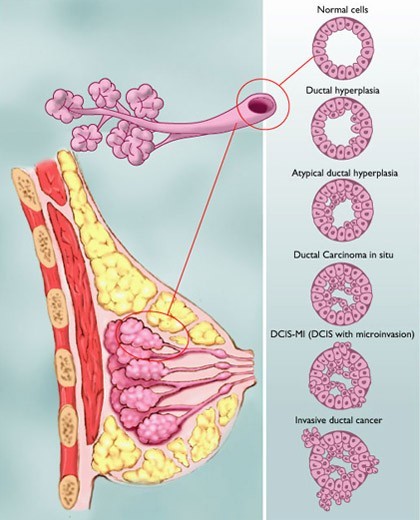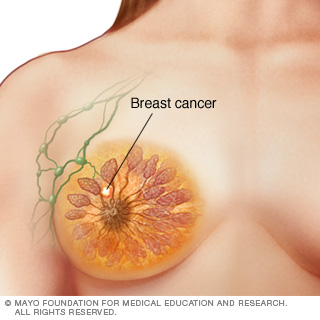Leave a Comment:
4 comments
First off, I like the name-Galen Foundation. Too many people do not know who this remarkable man was.
I had a full-blown robotic hysterectomy 2 1/2 years ago, all because they claim to have found a .03 cm “well and moderate differentiated” endometrial cancer. It was supposedly encased in a polyp and after surgery it was written “superficial invasion of uterine muscle”. For this I endured 4 hours of surgery, most of which was at a 45 degree angle with my head facing the floor. Also despite the fact that I repeatedly told anyone who would listen that I had RSD and major surgery unless life saving was contraindicated.
Nothing else was found–some lymph nodes removed and biopsied, pelvic wash etc. No further treatment. Stage 1, grade 1a.
To make a long story short, although I was past menopause in the time since the surgery my health has deteriorated immensely. Not to bore you as there is a laundry list of after effects, the worst of which has been intensification of the RSD, disruption of nerve function to bowels and the destruction of the support system of everything from naval on down. I now have a log roll of flesh that will be with me the rest of my life as it lost the ligaments that used to hold those tissues in place. A tummy tuck I cannot afford would be the only solution.
I am writing all this because I was experiencing very slight vaginal spotting. I went through an ultrasound and then a hysteroscopy. The result of polyp removal was seen scrutinized by the surgeon, who said it was benign. Three weeks later upon my office visit, all of a sudden it was “malignant” and necessitated the removal of all my female internal organs.
I went from benign to malignant, the surgeons and the hospital made good money to help pay for their DaVinci Robot, and my life as I knew it is over. Before surgery, I was able to do 1700 reps on a cardioglide 3x a week. Now 3 minutes is the max I can stand as the muscles involved are no longer supported and can’t do their job.
Sorry for the rant, but I wish I never had the surgery done; in fact, I regret going to a gyn or perhaps choosing that one. A D & C would have solved the problem nicely. Thank you for caring.
ReplyHi Sharon-
Thank you for your post. You clearly have had to deal with A LOT of dysfunction from your doctors. You are able to convey both cynicism with a dose of humor with just a hint of anger. I wish I could write as well as you do.
As for Galen I chose this as the namesake and sort of spiritual guide when I first planned the nonprofit I hoped to launch. As it turned out no one, not even directors, knew who Galen was. So now I tell people that I am the director of the Galen Foundation dba PeopleBeatingCancer. And people get that cancer is what we do. You are the first person EVER to know who Galen was… Fun Fact to Know and Tell- the first thing that caught my attention when I was first reading about Galen was that he trained on Gladiators as a young man. Galen patched them up so they could fight some more.
But I digress. If I understand your post you are concerned about “slight vaginal spotting” 2-1/2 years post hysterectomy. Two things, according to my online research. You should get it checked out, just in case. I think your experience will prevent you from allowing doctors from doing something to you that you don’t like.
Lastly, I linked what I believe are comments from women with similar concerns. You may learn from their comments.
http://www.hystersisters.com/vb2/showthread.php?t=449497
I enjoyed your rant. Please reply to ask any more questions, have me do more research for you, whatever.
thanks very much,
David Emerson-
Director of the Galen Foundation dba PeopleBeatingCancer
My mother in law had pancreatic cancer at the age of 67 now she is 85 she had chemo therapy for a whole year fed directly into her belly all day long with a tube.Then did radiation for a year after that….It has not come back and she still gets scanned every 3 yrs because she wants to know if it ever comes back because she wants to live to be 100. If she had not done the chemo and radiation she would of died and missed all these wonderful yrs…….
ReplyDear Daughter-in-law-
Living with pancreatic cancer for the past 18 years is remarkable. And she wants to get a scan every three years so that she knows if the cancer returns? The question is whether or not aggressive therapy such as chemo or radiation at 85+ would be healthy for her if the cancer ever does return. Good luck to you and your MIL. Let me know if you ever have any questions. David Emerson




